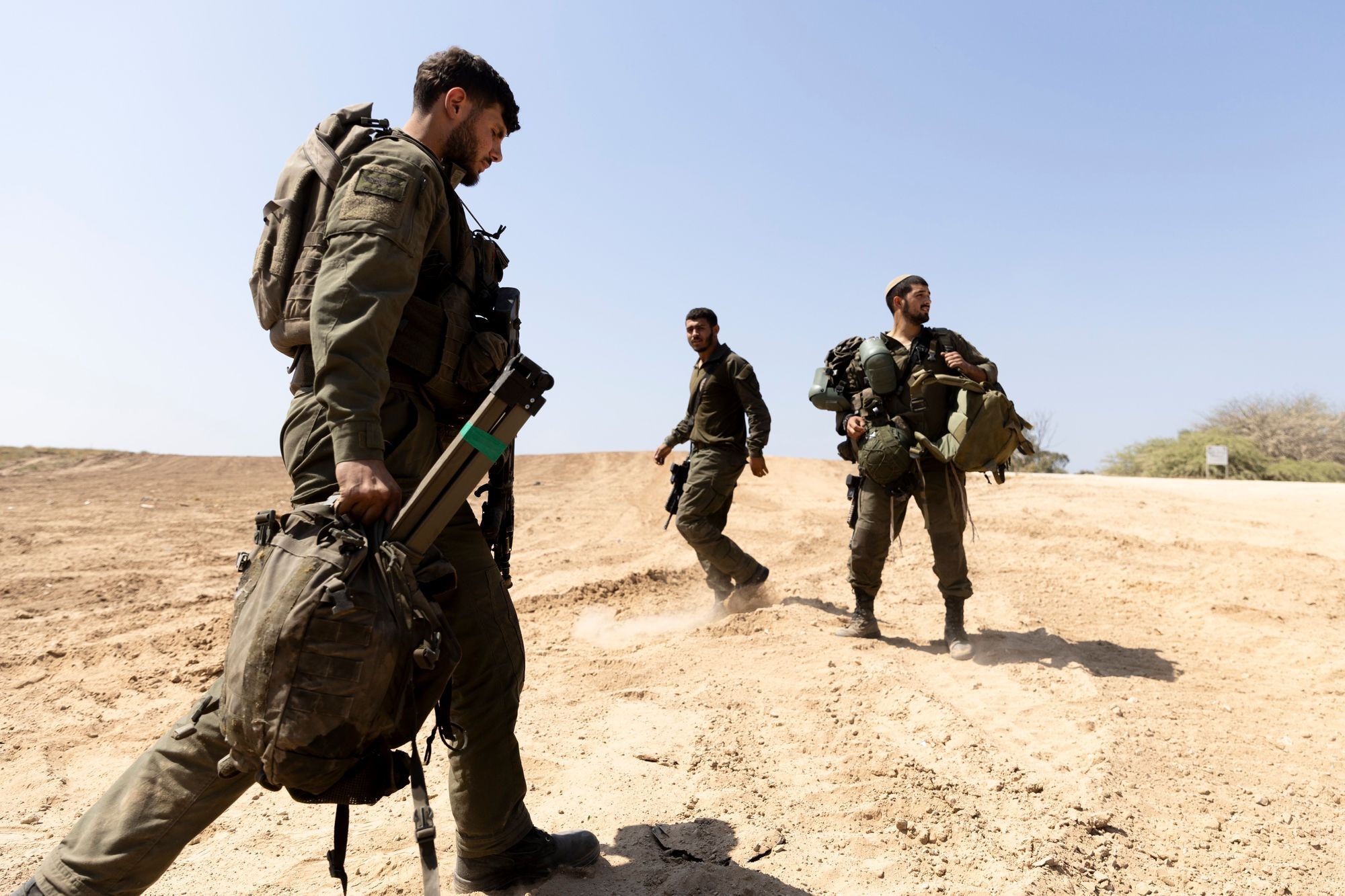The ongoing tit-for-tat dynamics between Israel and Iran have raised concerns about a potential escalation leading to broader conflict in the Middle East. However, the likelihood of such a scenario remains low due to the mutual understanding that neither Israel nor Iran would benefit from an all-out war. Despite Israel’s apparent confidence, Iran finds itself in a defensive position, prioritizing self-preservation.
Iran’s primary goal is to safeguard its nuclear facilities within its borders and its assets across the Middle East, particularly its support for armed groups like Hezbollah. While Iran denies direct involvement in Hamas’s recent attack on Israel, it remains a significant financial and military supporter of groups like Hamas, Hezbollah, and others throughout the region. These proxies have been engaged in anti-Israeli activities, albeit with limited resources and scope, reflecting Iran’s defensive stance.
Israel’s response to attacks by Iran-backed groups has been strategic retaliation rather than full-scale conflict. By targeting specific Hezbollah fighters in Lebanon and striking weapons depots and military bases in Syria, Israel aims to weaken Iran’s proxies without escalating the situation to all-out war. These actions showcase Israel’s intelligence capabilities and send a clear message to Iran about the consequences of further escalation.
Iran’s Approach to Escalation with Israel: Seeking to Avoid All-Out War (Credits: CNN)
The support of allies like the United States and the United Kingdom further strengthens Israel’s position, leaving Iran and its proxies relatively isolated. Despite pressure to respond forcefully, Iran has shown strategic patience in choosing when and how to retaliate, as seen in its measured response to recent provocations by Israel. Iran’s reluctance to engage in direct confrontation reflects its awareness of its vulnerabilities and the risks of escalation.
Iran’s recent drone and missile attack on Israel, following Israeli airstrikes in Damascus, aimed to save face and demonstrate its capabilities while avoiding a significant escalation. By downplaying subsequent attacks and refraining from involving Hezbollah in certain actions, Iran seeks to limit direct confrontation with Israel and protect its regional assets. However, Israel remains determined to exploit Iran’s vulnerabilities and gradually undermine its proxies.
In the broader context, Iran finds itself constrained in its actions by Israel’s strategic advantage and international support. Israel’s targeted strikes and diplomatic backing from allies give it leverage over Iran, forcing the latter to carefully calibrate its responses to avoid a full-blown conflict. As tensions persist, both sides continue to navigate a delicate balance, mindful of the risks and consequences of escalation in the volatile region.
